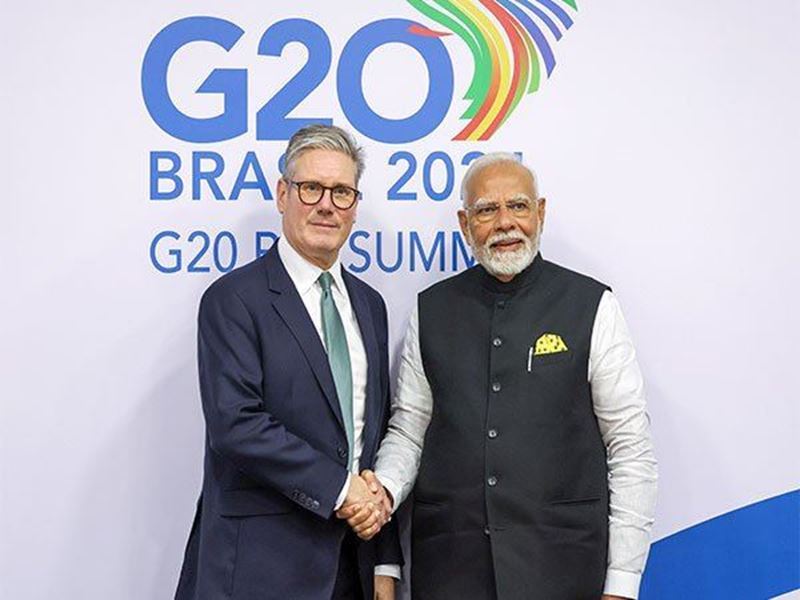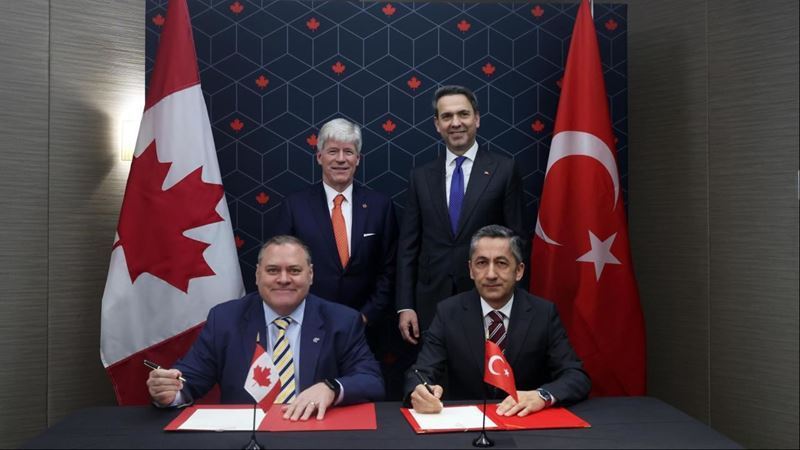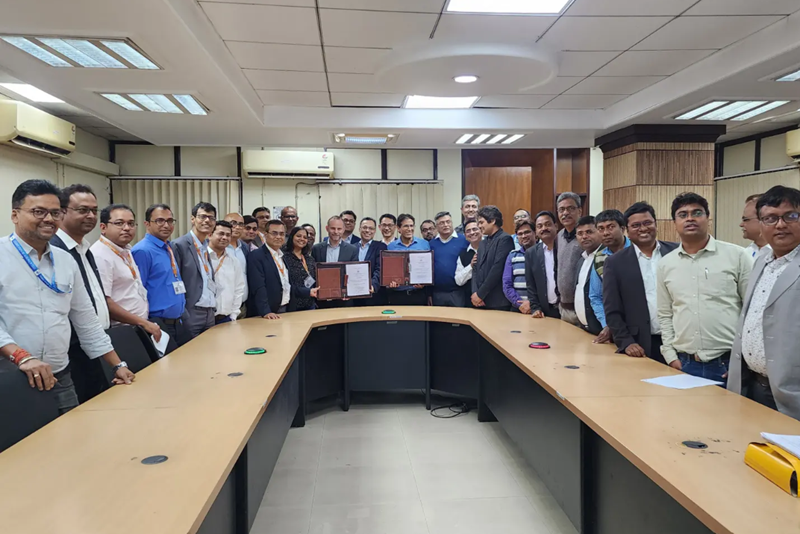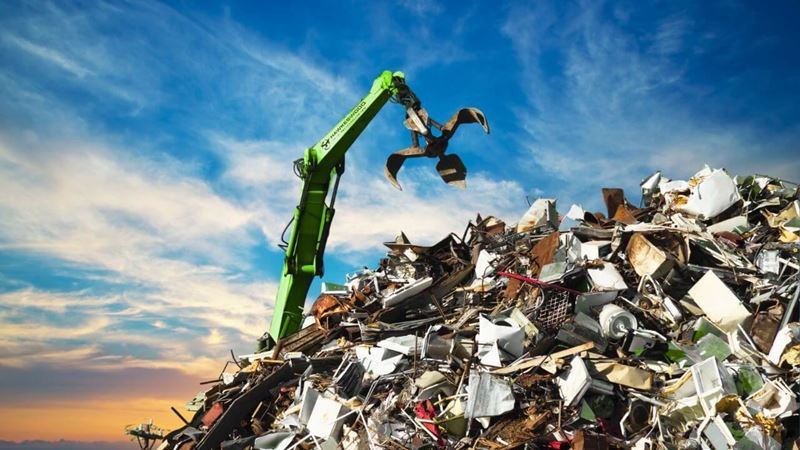Coming at a time of increasing protectionism in global trade, especially with US President Donald Trump's new tariffs on steel, aluminum and automobiles at the beginning of April, the agreement has paved the way for deepening economic cooperation between the two countries.
Although the FTA process, the first negotiations of which began in January 2022, has been hampered at times by frequent changes of government in the UK and electoral processes in both countries, the world's fifth and sixth largest economies have now agreed to what they describe as an “ambitious and mutually beneficial” partnership.
A new era begins: Comprehensive openings from trade to investment
Indian Prime Minister Narendra Modi announced the agreement on social media platform X and stated, “It is a partnership that will accelerate trade, investment, growth, employment and innovation in both countries.” British Prime Minister Keir Starmer also described the agreement as “the beginning of a new era for trade”.
According to the British government, this agreement will contribute GBP 4.8 billion annually to the UK's GDP by 2040. The agreement provides for the reduction or complete elimination of tariffs on many categories of goods and services.
Trade highlights: Whiskey to textiles, automobiles to public procurement
The main points of the agreement are as follows:
- Tariffs on whiskey will be reduced from 150% to 75% and then to 40% in the tenth year of the agreement.
- Tariffs on automobiles will be reduced from 100% to 10% under quotas.
- In textiles and clothing, 99% of India's exports to the UK will be subject to zero tariffs.
- Tariffs will be reduced on UK exports such as medical devices, machinery and lamb.
- British companies will now have greater access to Indian public procurement processes.
- Regulations will be introduced to expand opportunities for Indian professionals to work in the UK, particularly in sectors such as IT and healthcare.
Reducing dependence on foreign trade and seeking alternative partnerships
Concerns over disrupted global supply chains and dependence on China in the aftermath of the pandemic, the UK's loss of access to the European Single Market after Brexit, and India's decision not to join the China-based RCEP have led the two countries to seek alternative and reliable trade partnerships.
However, some experts point out that the deal offers more limited trade benefits for India. According to the Global Trade Research Initiative (GTRI) report, most of India's exports to the UK already benefited from low or zero tariffs. Therefore, the real strategic value of the agreement for India lies in the opportunities for access to the services sector and skilled labor.
With this agreement, the UK and India are embarking on a new era of trade, signaling a significant shift in the global economic balance.











Comments
No comment yet.